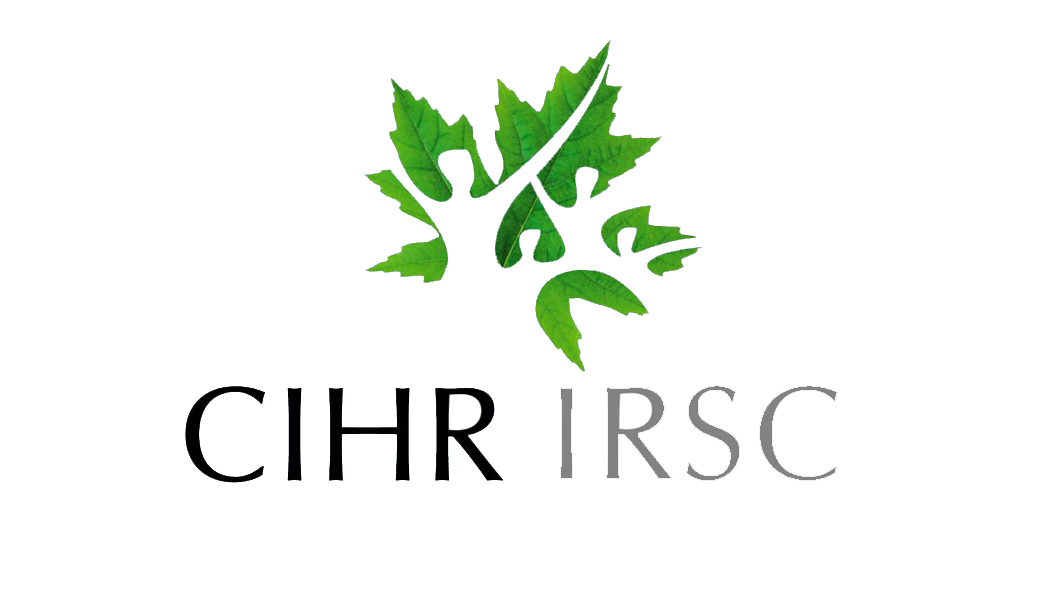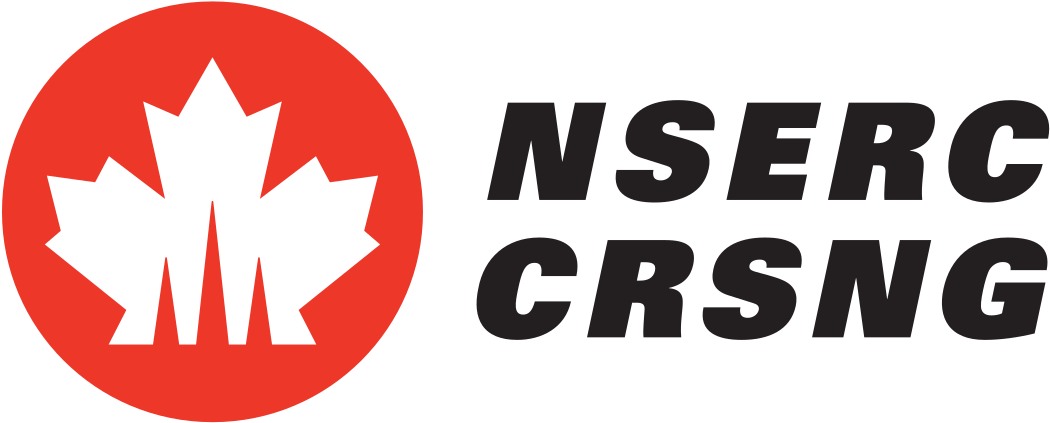We are sinthlab at the
University of Montreal and Mila.
sinth represents our dual perspectives — as the Synthetic
Intelligence & NeuroTheory and Sensorimotor
Integration & Neuroengineering Therapies
Labs — where we fuse AI with neurophysiology experiments to study
how biological brains coordinate behavior.
By linking fundamental neuroscience insights with
innovations in NeuroAI, we guide the development
of next-generation neural interfaces for rehabilitation,
restoration, and augmentation.
Research
Team
Collaborators
Paper Highlights
For a complete publication list, see Matt's Google Scholar.
Info
Our lab is part of the Département de
neurosciences in the Faculté de médecine at the
Université de Montréal.
We are located at:
Pavillon Paul G. Desmerais
2960 Chemin de la Tour
Montréal QC H3T 1T9
We are located at:
Pavillon Paul G. Desmerais
2960 Chemin de la Tour
Montréal QC H3T 1T9








